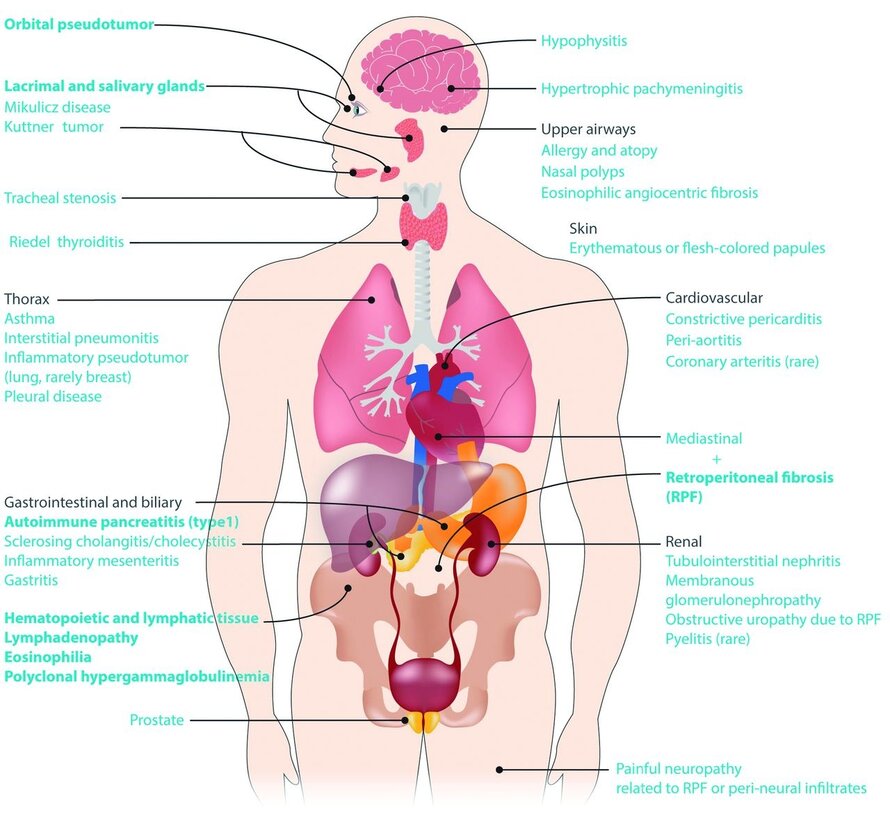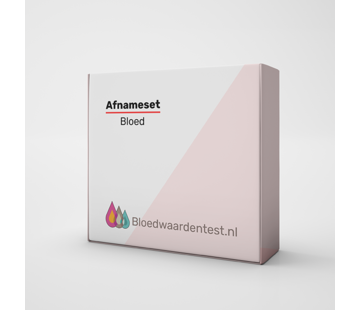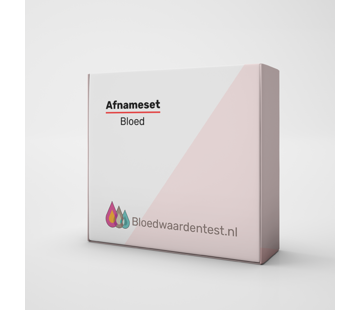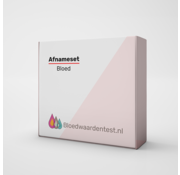Immunglobulin G3
The IgG3 test measures the level of Immunoglobulin G subtype 3 in the blood. . This test is essential for:
- The identification of specific immunodeficiencies, in which patients show increased susceptibility to recurrent infections.
- Monitoring response to immunotherapy, especially for therapies targeting allergies to inhaled antigens.
- Investigating certain conditions such as sclerosing pancreatitis and more serious infections that can lead to complications such as bronchiectasis.
When do you take this test?
The IgG3 test is recommended under the following conditions:
- For recurrent respiratory infections: If you experience frequent infections such as bronchial asthma or other respiratory conditions, this test can help determine if an immunodeficiency is present.
- In combination with other immunodeficiency tests: In symptoms suggestive of more complex immunodeficiencies, such as those involving multiple IgG subtypes.
- During and after immunotherapy: To assess and adjust the effectiveness of treatments based on specific immune responses to allergens.
- For severe or unexplained gastrointestinal symptoms: Such as chronic diarrhea, which may be related to an underlying immune disorder.
Test details
- Sample requirement: 0.50 ml of serum
- Method: nephelometry (NEPH)
- Processing Days: Routinely performed
- Guideline values: 0.24 - 1.25 g/l for adults over 18 years of age
- Accreditation: Yes, according to ISO 15189
With the results of this test, healthcare providers can make important decisions about the treatment and management of immunodeficiencies and related health problems.









